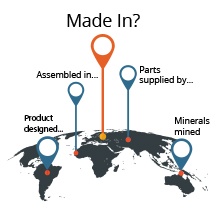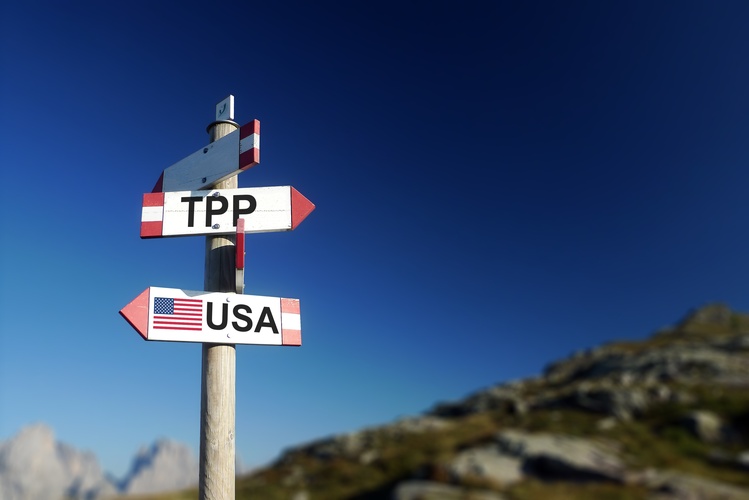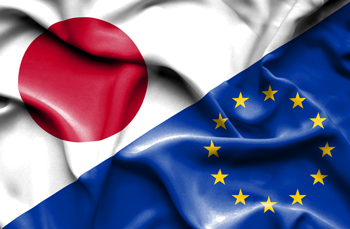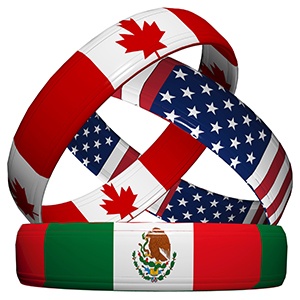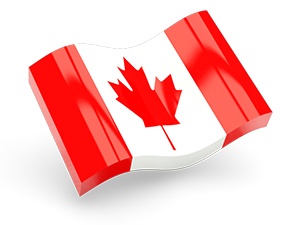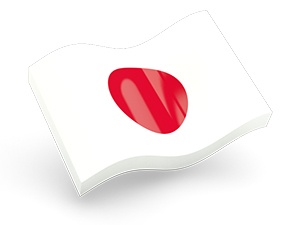Lowering or eliminating your customs duties by leveraging free trade agreements or trade preference programs is a smart business strategy. There is an essential requirement to free trade agreement utilization: validating the product against its Rule of Origin (i.e. qualification). These rules define the criteria by which a product is eligible for participation in the trade program. When a product is wholly obtained and produced in a single country, it is relatively easy to determine its eligibility. Difficulties arise in determining eligibility of goods manufactured in, assembled in, or using materials originating in, more than one country.
- Why Transform
- Solutions
- Resources
- About Amber Road


